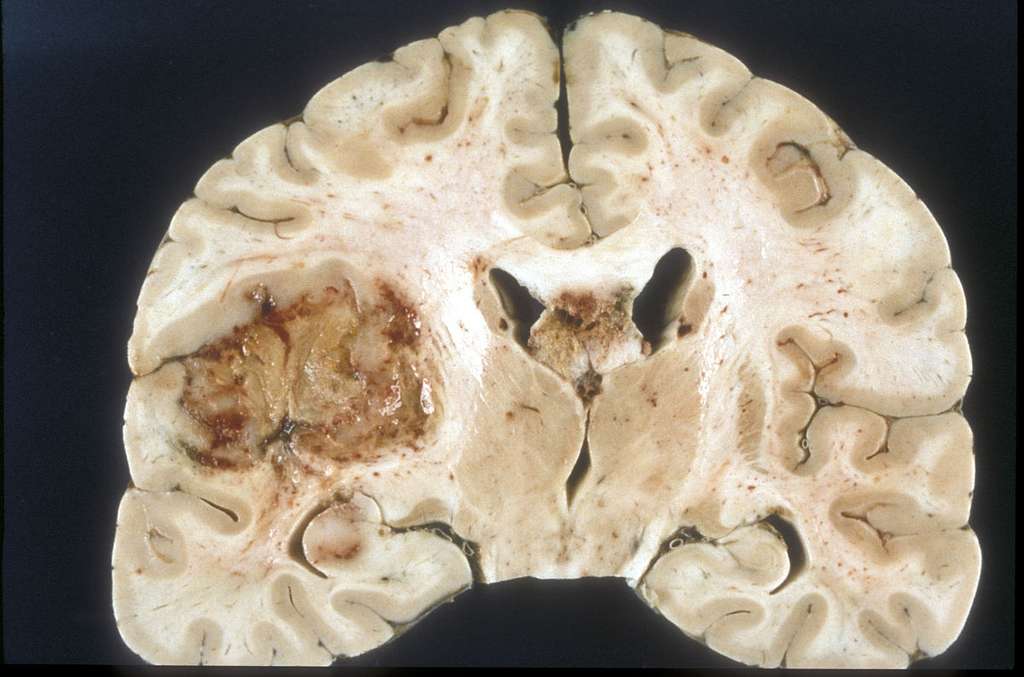Researchers from the universities of Toronto and McMaster have just obtained promising results by testing a new treatment for glioblastoma, a prevalent and aggressive form of brain cancer.

T cells in action
The lymphocytes T play a vital role in the immune response . Found in the blood, they are able to target and destroy cells infected with a virus or tumor . These diseased cells indeed present mutated antigens , distinct from those produced by “the self” . Another type of immune cell (the antigen-presenting cell, or CPA) “warns” T lymphocitis against these intruders via a structure called major histocompatibility complex ( MHC).). Once the presentations have been made, the lymphocyte is then able to recognize the undesirable antigens and destroy the cells which carry them.
However, cancer can interfere with this process in a number of ways, including reducing the availability of MHC. One of the researchers’ strategies is therefore to explore alternative ways of providing lymphocytes with the receptors necessary for the identification of enemy cells. This is the role of the chimeric antigen receptor (CAR ), a molecule developed in the laboratory from the patient’s lymphocytes. The latter are removed, then genetically modified in order to make them express a CAR receptor specific to the antigen produced by cancer cells.